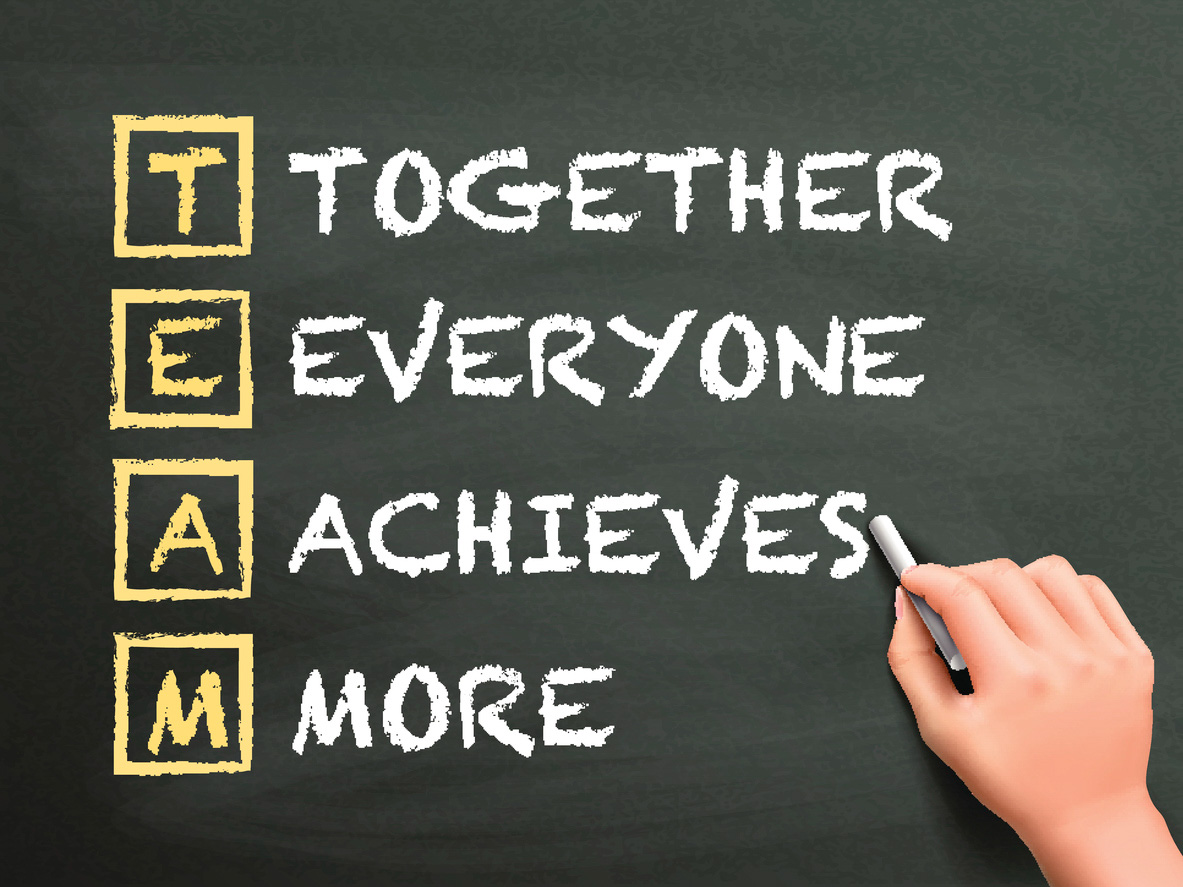Ah, team mates.....
By Mayfield UK, Friday 28th September 2018
There’s no ‘I’ in ‘T E A M’.
‘M E’ is in there, though. And if you swap the letters around you can make ‘M A T E’ (you can also make ‘T A M E’ and ‘M E A T’ – but neither are relevant to this blog).
You see, recently our team lost a good mate. We wish him all the best, and we’re sure he’ll achieve great things in his new job. But it’s got us thinking about friendship and the role it plays in the office.
Friendship played a big role in The Office, of course. There’s a moment in the final episode where Tim muses about what workmates really have in common, other than ‘walking the same bit of carpet’ every day. And he has a point – most of us spend the better part of daily life trapped in a confined space with people who have nothing in common but a decision to pursue a career in property.
But the fact is, most of us do make friends with our workmates – some of them at least. And this is a good thing. But don’t just take it from us - according to Seunghoo Chung of Ohio University, friendship groups have clear organisational advantages over groups of strangers. Choo explains that friends “coordinate tasks more effectively. They know each other's strengths and weaknesses and how to break up work in the most efficient way." (1)
According to a 2017 survey, 60% of respondents stated that a friendly working environment was more important to them than a good salary (2). People who struggle to fit in tend to jump ship pretty quickly. And who can blame them?
Consider this: The average employee spends 92,120 hours of their life at work. That’s around 21% of your total waking hours over your lifespan, or 50% of your total waking hours on any given working day. That’s a lot of time to spend around people you don’t like. (3)
It’s in a business’ interest to promote a welcoming environment. A friendly office usually does a good job in retaining staff.
Leavers can be disruptive – recruiting suitable replacements is a time-consuming and often expensive process. And if staff are leaving frequently, your company could find itself in real trouble as you should not underestimate the time and effort required to train a new member of staff until he or she can stand on their own two feet. High staff turnover is usually a sign that’s something’s going wrong. Thankfully, Mayfield hasn’t experienced too much of this. We’re proud of our staff-retention record.
In fact, in my time here, four staff have left, only to return. One of the four, who returned after a year away remarked that Mayfield was like Hotel California - you can check out, but you can never leave… Not to boast, but I think that proves that we’ve succeeded in creating a friendly environment. We banter, sure, but things get done.
Inevitably, employees will come and go. No matter how well-run your business (and no matter how friendly your office) people will move on. New opportunities will arise, staff will be headhunted or get itchy feet.
A well-run business is usually built around a stable core of good employees. Probably they’re good friends too. That’s how things are at Mayfield (and hopefully your office as well).
(1) https://news.osu.edu/teams-work-better-with-a-little-help-from-your-friends/
(2) https://wearewildgoose.com/uk/team-activities/friends-in-the-workplace-survey-2017/
(3) https://revisesociology.com/2016/08/16/percentage-life-work/



